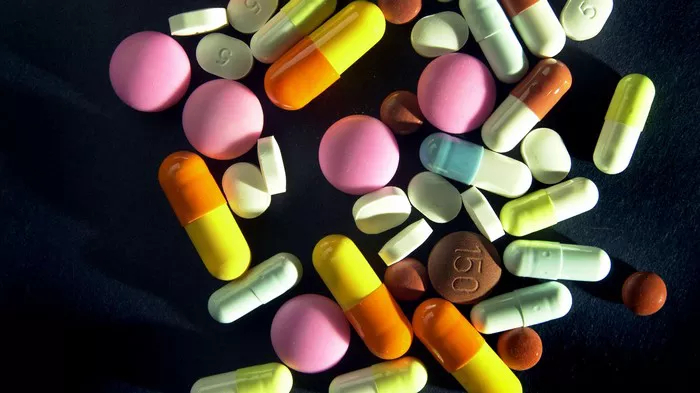FAQs
1. How do I get my enlarged prostate back to normal?
Lifestyle changes such as exercising regularly, maintaining a healthy weight, and limiting caffeine and alcohol intake can help. Additionally, medications prescribed by a doctor or minimally invasive procedures like TURP (transurethral resection of the prostate) may be necessary for more severe cases.
2. What drink is good for enlarged prostate?
Green tea is often recommended for its antioxidant properties which may help reduce inflammation in the prostate. Also, herbal teas like saw palmetto or pygeum extract have been studied for their potential benefits in managing symptoms of an enlarged prostate. Always consult with a healthcare professional before adding any new drinks to your diet.
3. What is the most effective medicine for an enlarged prostate?
Alpha-blockers such as tamsulosin or terazosin are commonly prescribed to help relax the muscles in the prostate and bladder neck, improving urine flow and reducing symptoms. 5-alpha reductase inhibitors like finasteride or dutasteride may also be prescribed to shrink the prostate over time. Your doctor will determine the most suitable medication based on your individual needs and health condition.
Related topics:
- What is Prostate Swelling: A Comprehensive Guide
- A Essential Guide to Vitamins for Young Men
- A Healthy Diet for Young Men: Nourishing the Body and Mind


